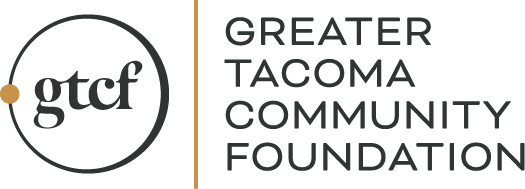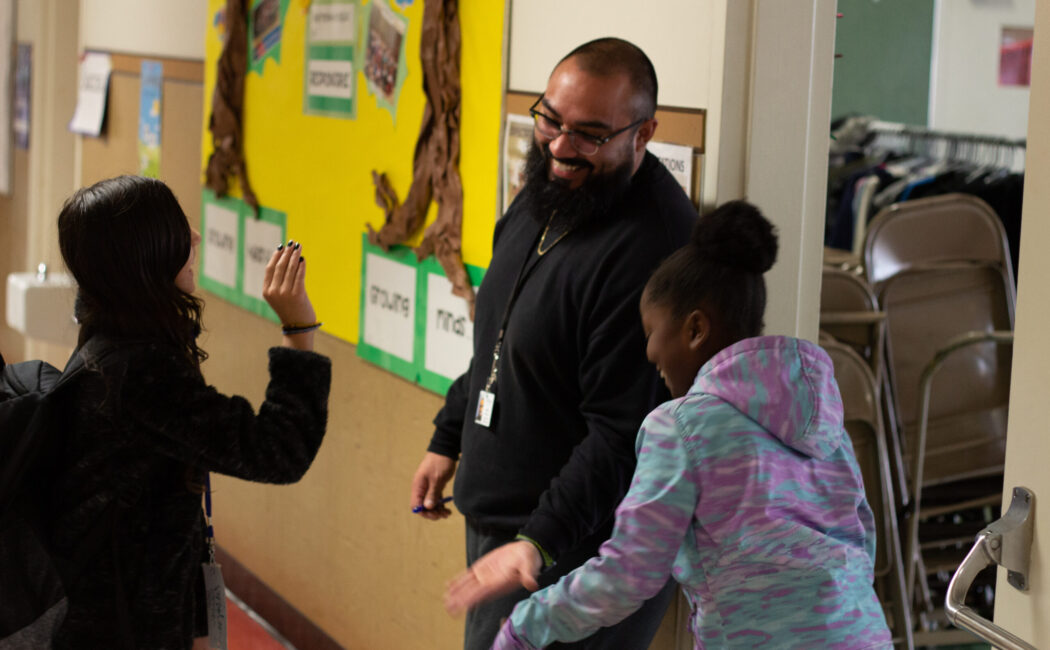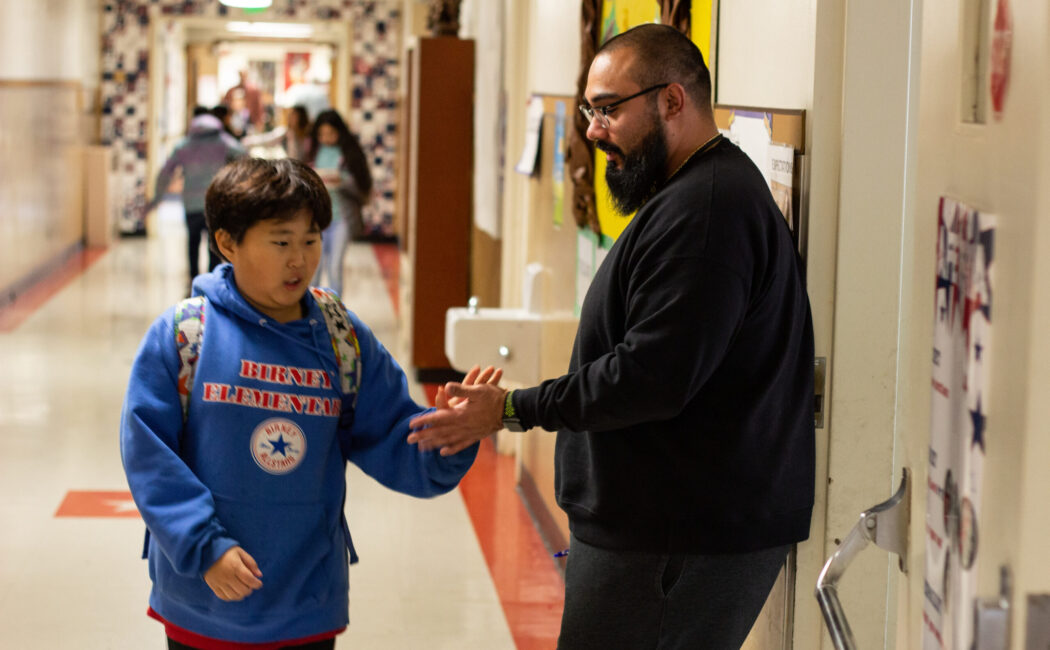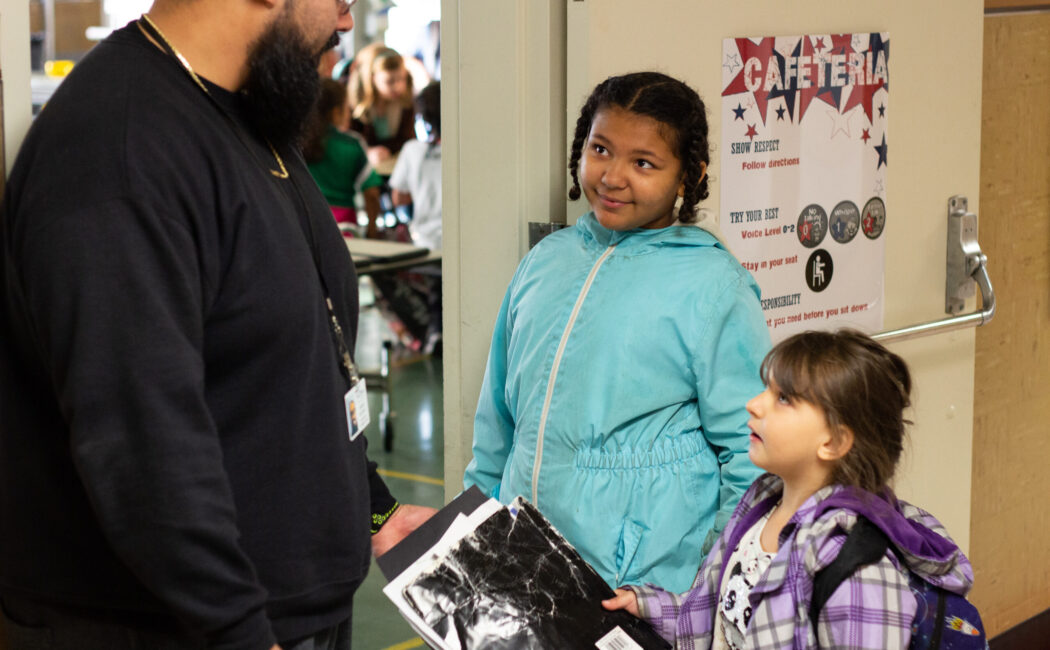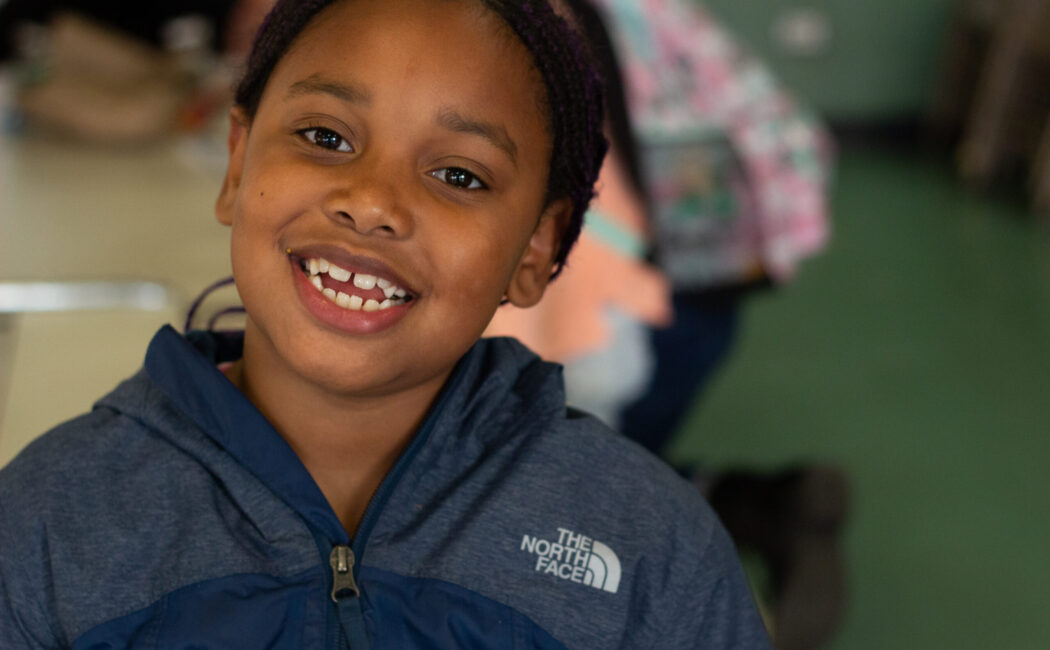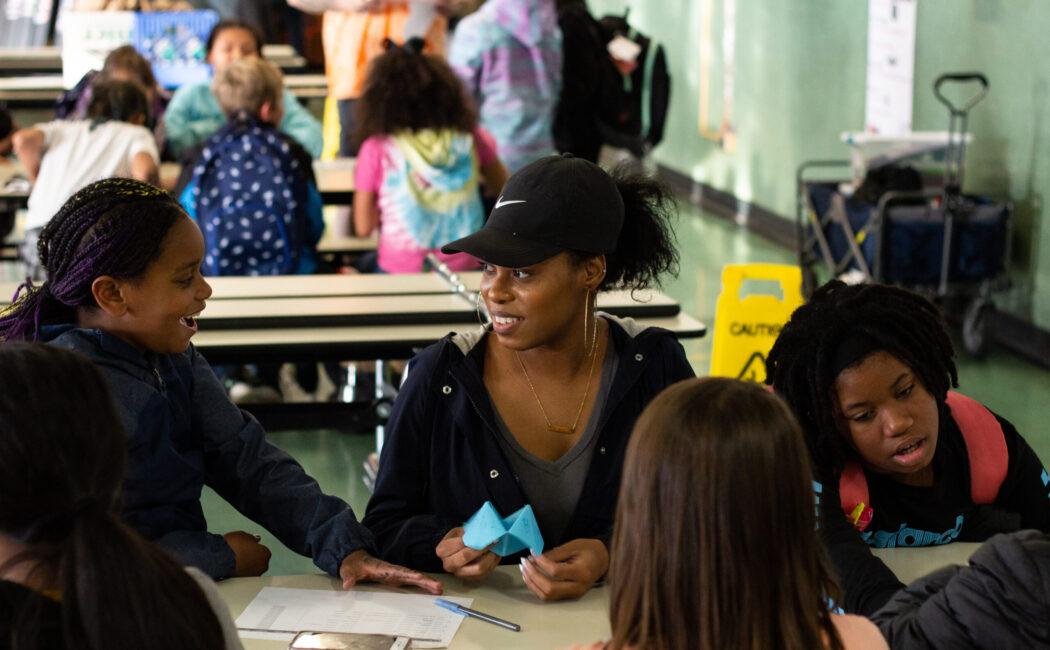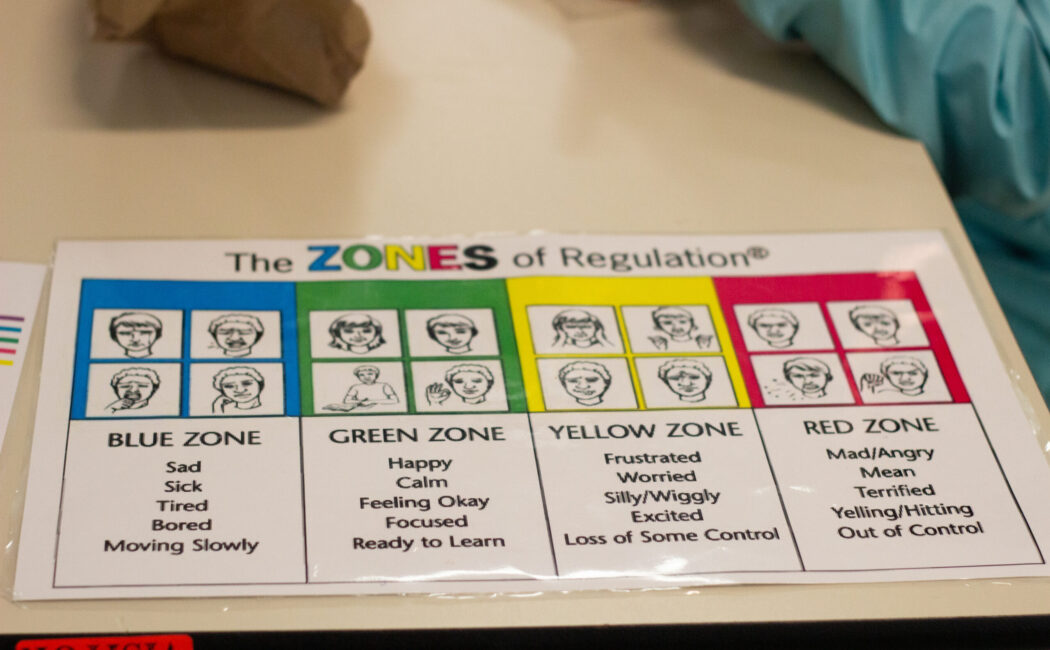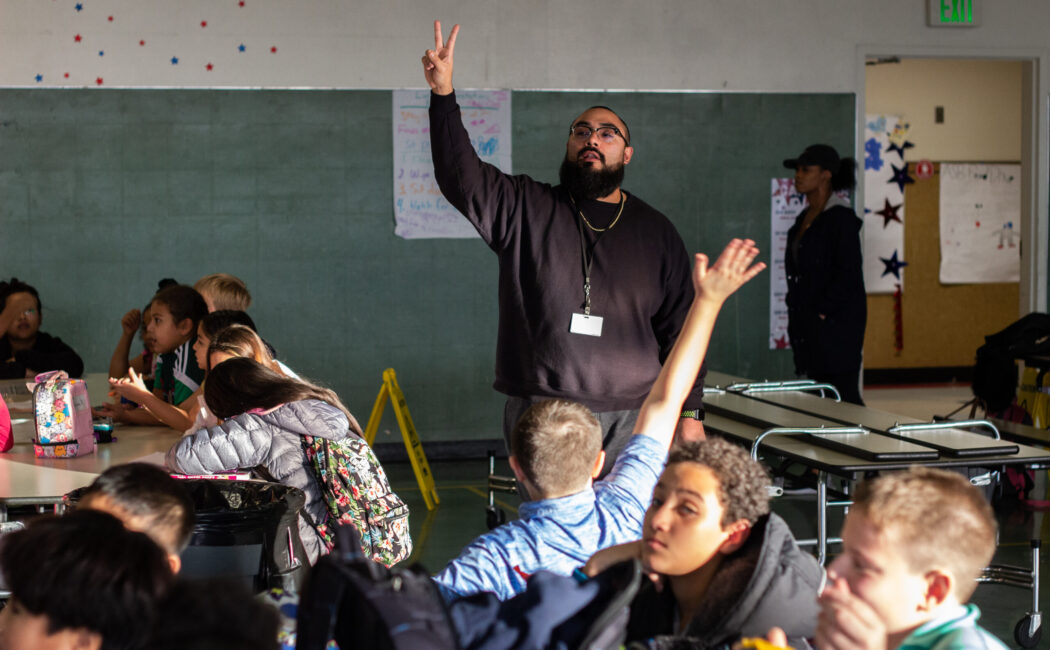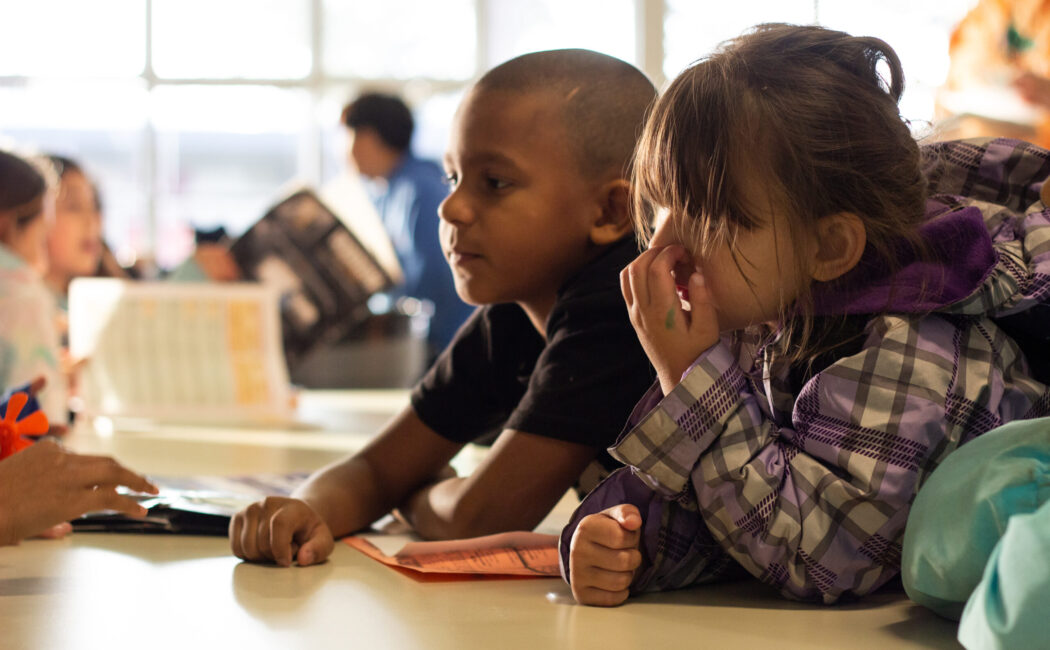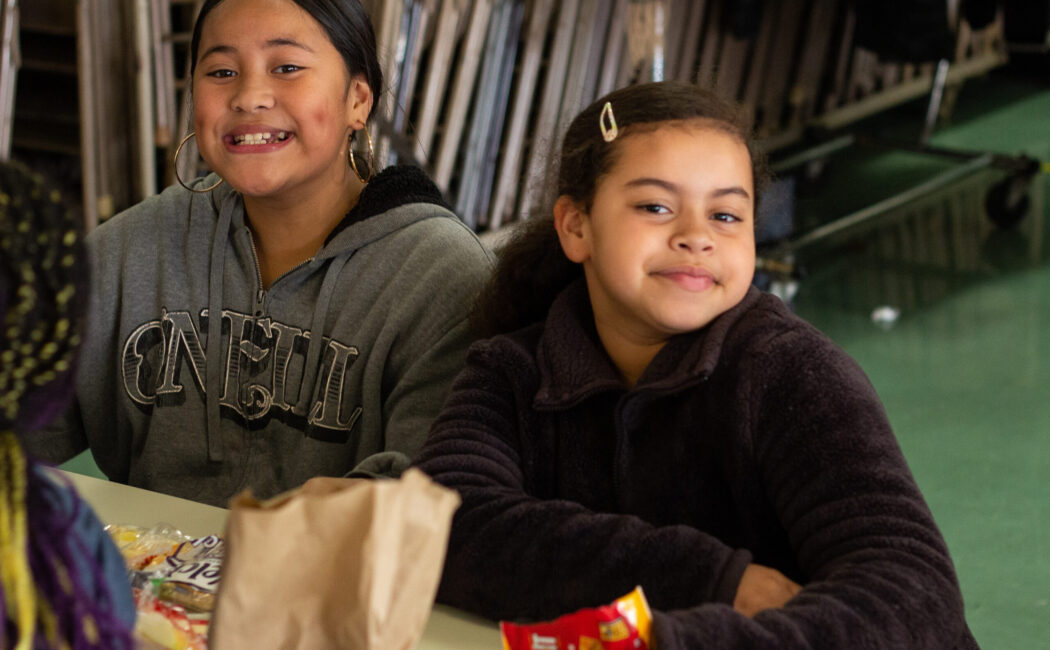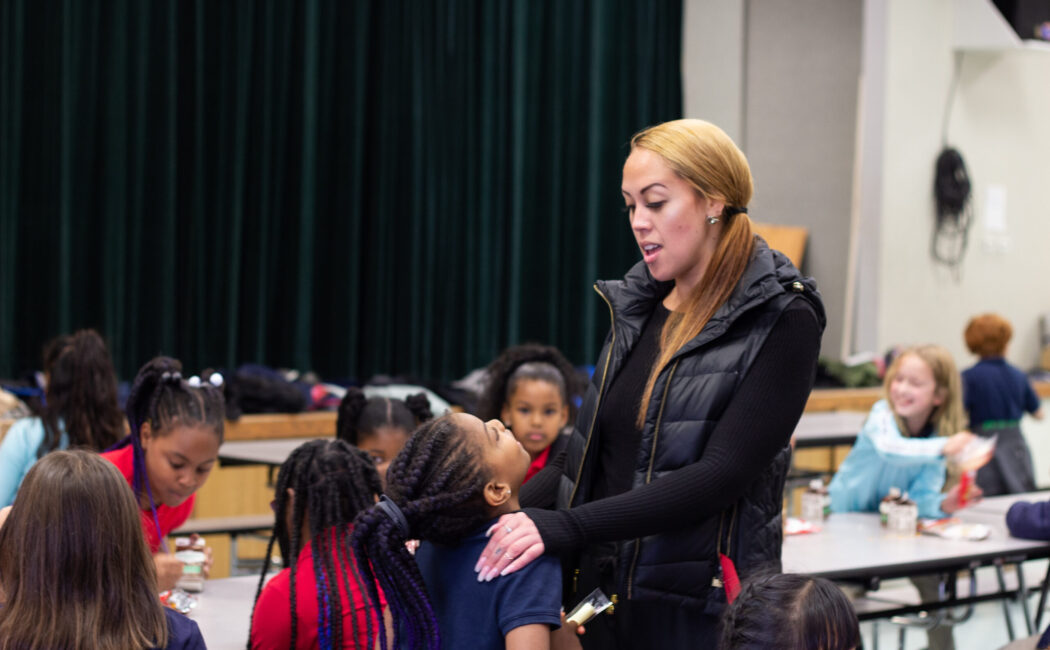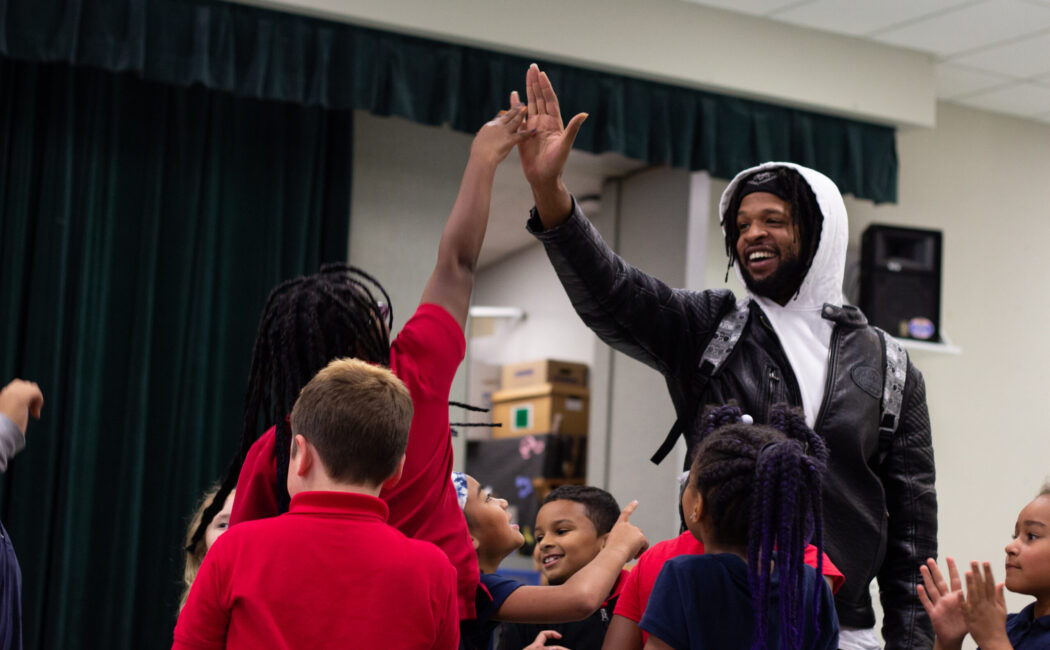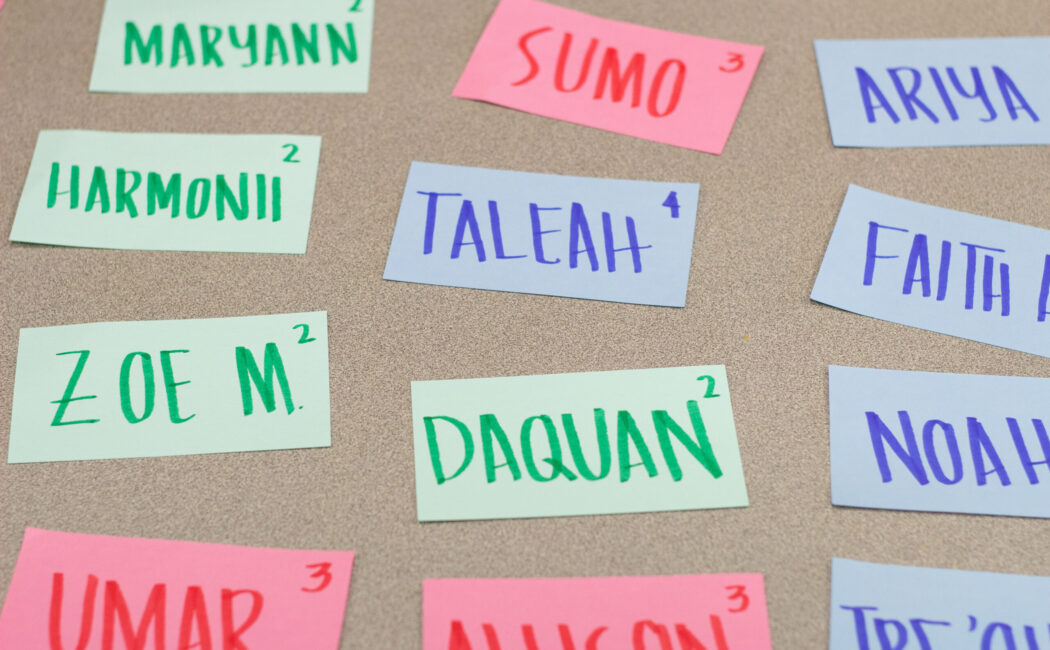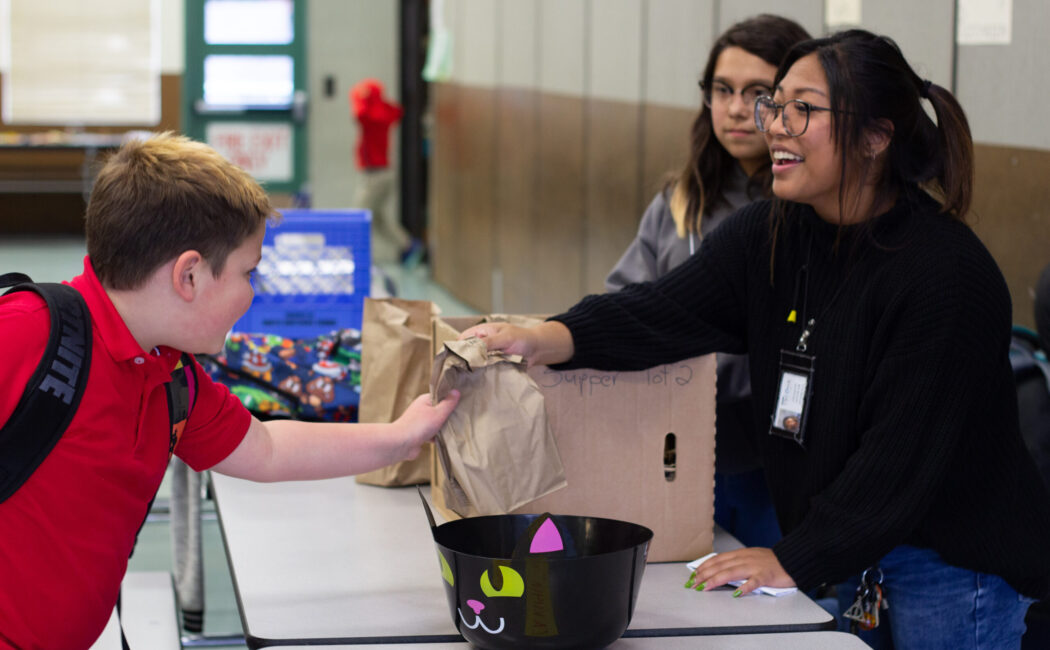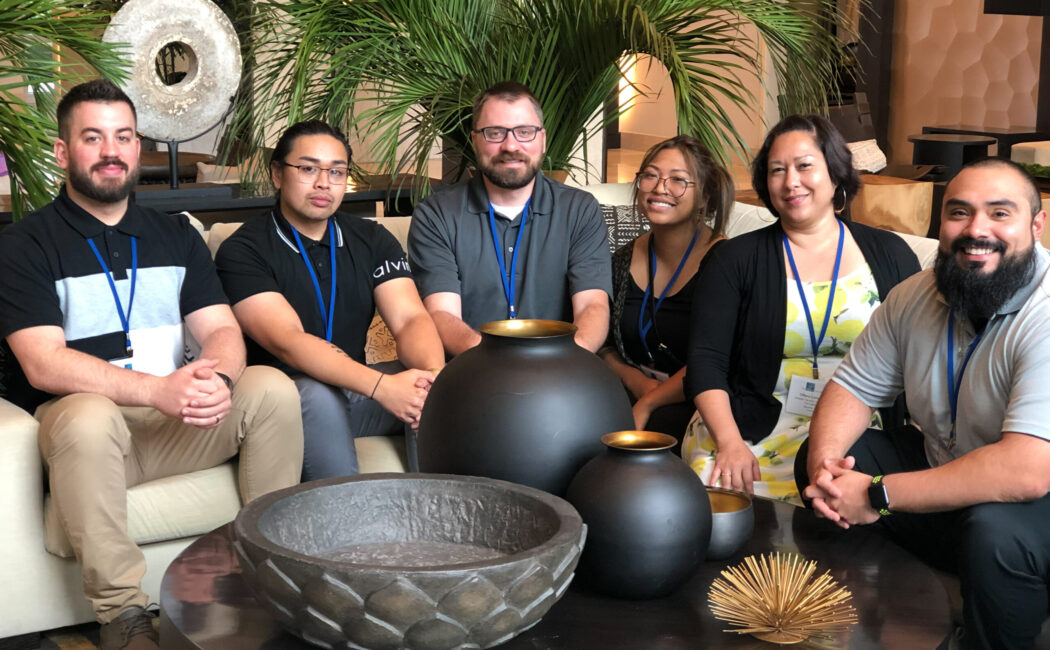
Community
14
2019
20 Minutes Can Make All The Difference For Students In Expanded Learning
When school lets out at Tacoma’s Birney Elementary, Sergio Beltran can be found outside the cafeteria greeting students as they head into Expanded Learning at the All-Star Center. On a recent Thursday, Sergio noticed one student looked a little down as he entered the space. Sergio took a few minutes right away to talk one-on-one with the student.
Using a tool called the Zones of Regulation, Sergio helped the student identify his feelings. “He wasn’t able to explain why at first,” said Sergio, “but he definitely knew he was in the Red Zone.” That zone indicates intense emotions like anger or rage.
“I think it really shifts the young people’s energy when we create a warm and welcoming environment and let them know there are adults here who care about them…”
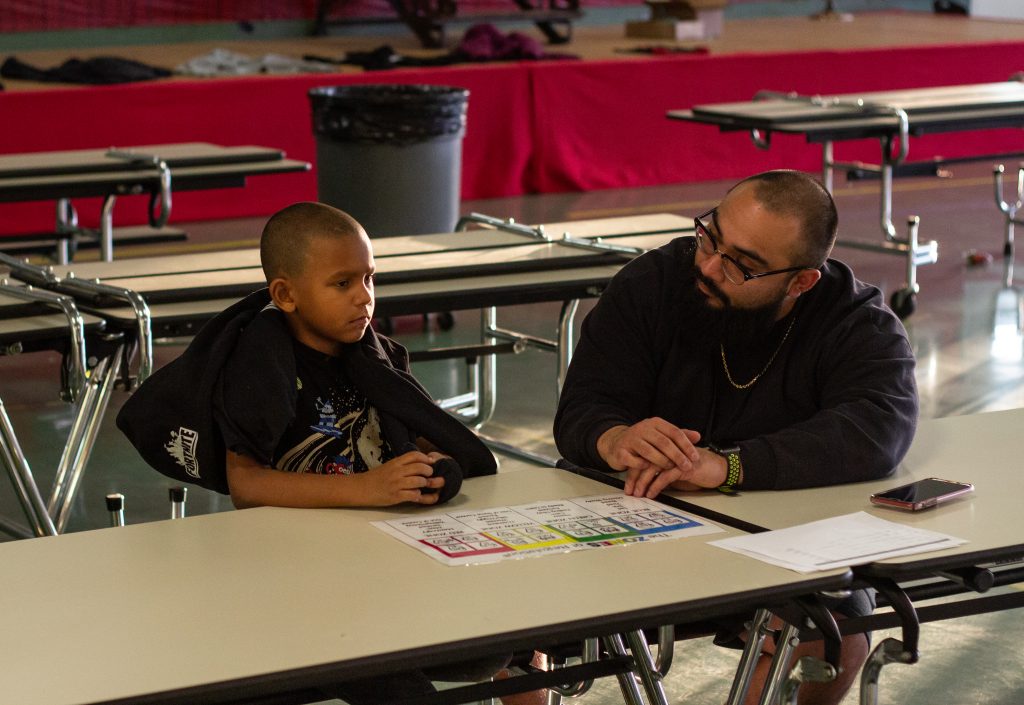
Sergio asked questions designed to help the youth explore what experiences led to his feelings. Once they figured that out, Sergio encouraged the student brainstorm ways he could begin moving closer to the Green Zone, where emotions are more calm. After the exchange, the student visibly calmed down. When Sergio checked in on the student later, he was all smiles.
As the Allstar Center’s Site Director, a big part of Sergio’s role is providing support for students to have a seamless transition in the 20 minutes between the school day and after-school Expanded Learning Opportunities(ELO). Greeting each student warmly and providing an opportunity for them to check in and share how they are feeling is key for Sergio, “I think it really shifts the young people’s energy when we create a warm and welcoming environment and let them know that there are adults here who care about them and are willing to listen to them and help with whatever they may be going through.”
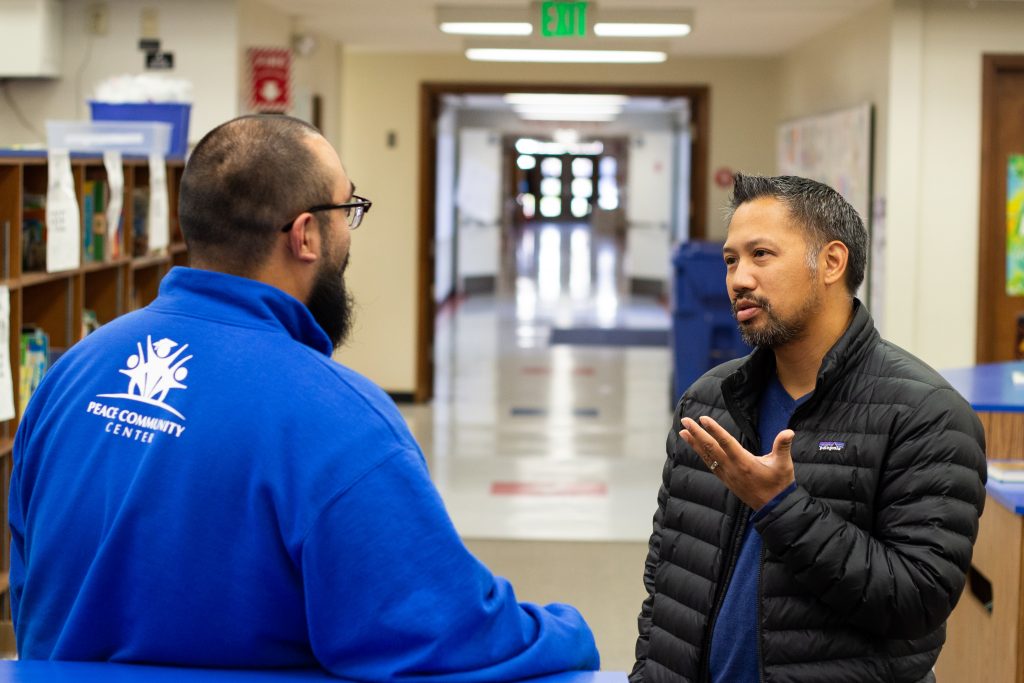
“We’re all serving the same students so it makes sense for us to sit down together and talk about what we’re seeing and how we can work together to support them.”
Another way Sergio creates a smooth transition for students is using language and practices that are consistent with what students’ teachers use, “I talk regularly with the principal, Ronel Balatbat, and go to classrooms to observe teachers to see how they are doing their Zones check-ins and community circles so we can create something here that feels consistent and familiar for the students.”
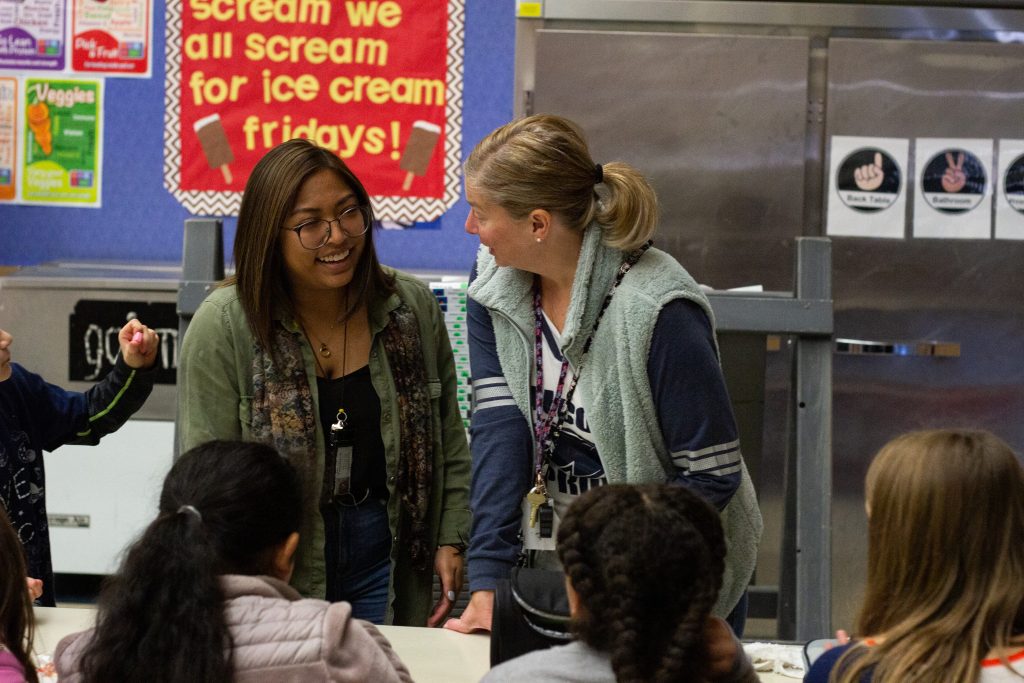
Venalin Aguilar is the Site Director at Fawcett Elementary’s Falcon Center. Like Sergio, she collaborates with school staff to align language and practices. Venalin also partners with school staff to help her connect students to Expanded Learning Opportunities that would be a good fit for them, “I talked with the school counselor and got recommendations of students who might benefit from some of the mentorship programs we have. As a result of that connection, some of the mentors we have were able to let the counselors know about other students in their programs who could benefit from connecting with the counselor during the school day. We’re all serving the same students so it makes sense for us to sit down together and talk about what we’re seeing and how we can work together to support them.”
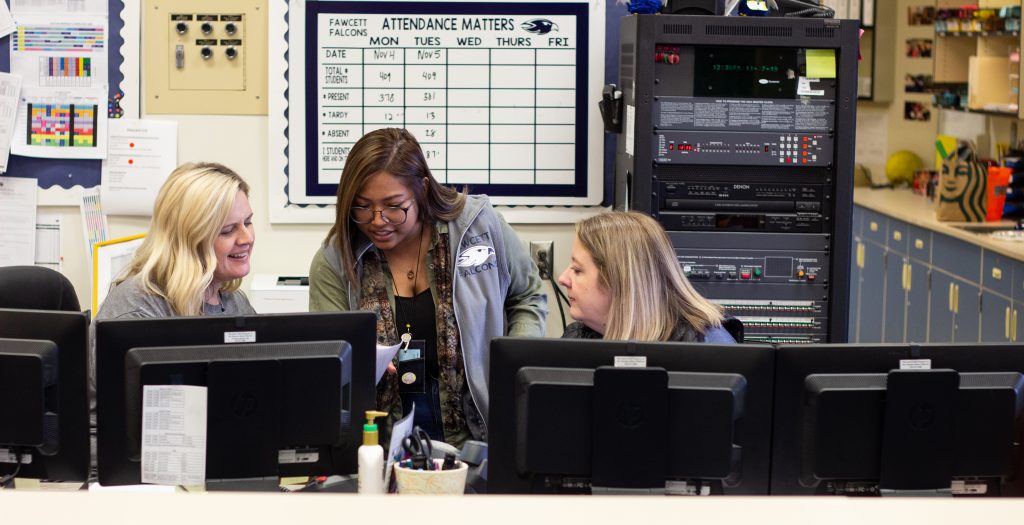
“it’s really about ensuring these young people have all the support they need to be the best versions of themselves.”
GTCF Senior Program Officer Megan Smedsrud works with Sergio, Venalin, and a team of four other Site Directors to deepen these practices of alignment between adults who work with students, “There are lots of emails, phone calls, and coaching sessions with the ELO providers keeping them in the loop about what is happening at the school sites, how to support students in their group, and how to be intentional about incorporating social-emotional learning practices into their program. Creating this type of alignment between adults who work with kids is really the heart of what the Whole Child partnership is about.”
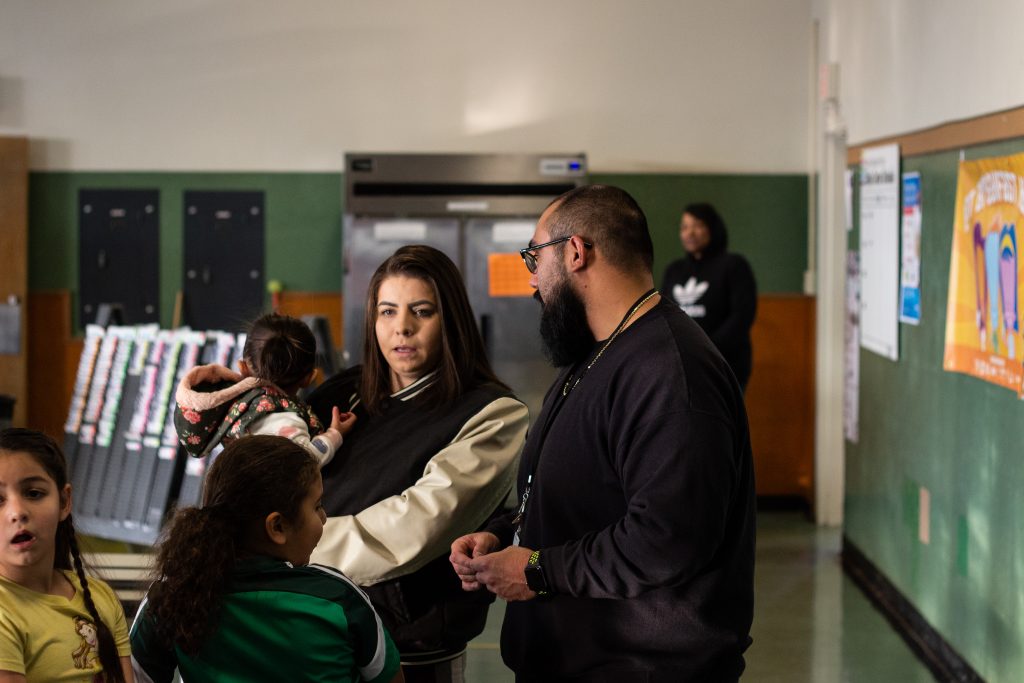
Back at Birney on that recent Thursday, parents arrived to pick up their students at the end of the program day. Sergio made sure to connect with one more important adult. He talked with the mother of the student he had helped earlier. Sergio let her know what her son had shared and how they had talked through it together. The mother shared that they had been working on things at home as well. The two adults agreed to keep in conversation about how to best support the student together.
Whether it’s communicating with the principal, teachers, or parents, Sergio says, “it’s really about ensuring these young people have all the support they need to be the best versions of themselves.”
